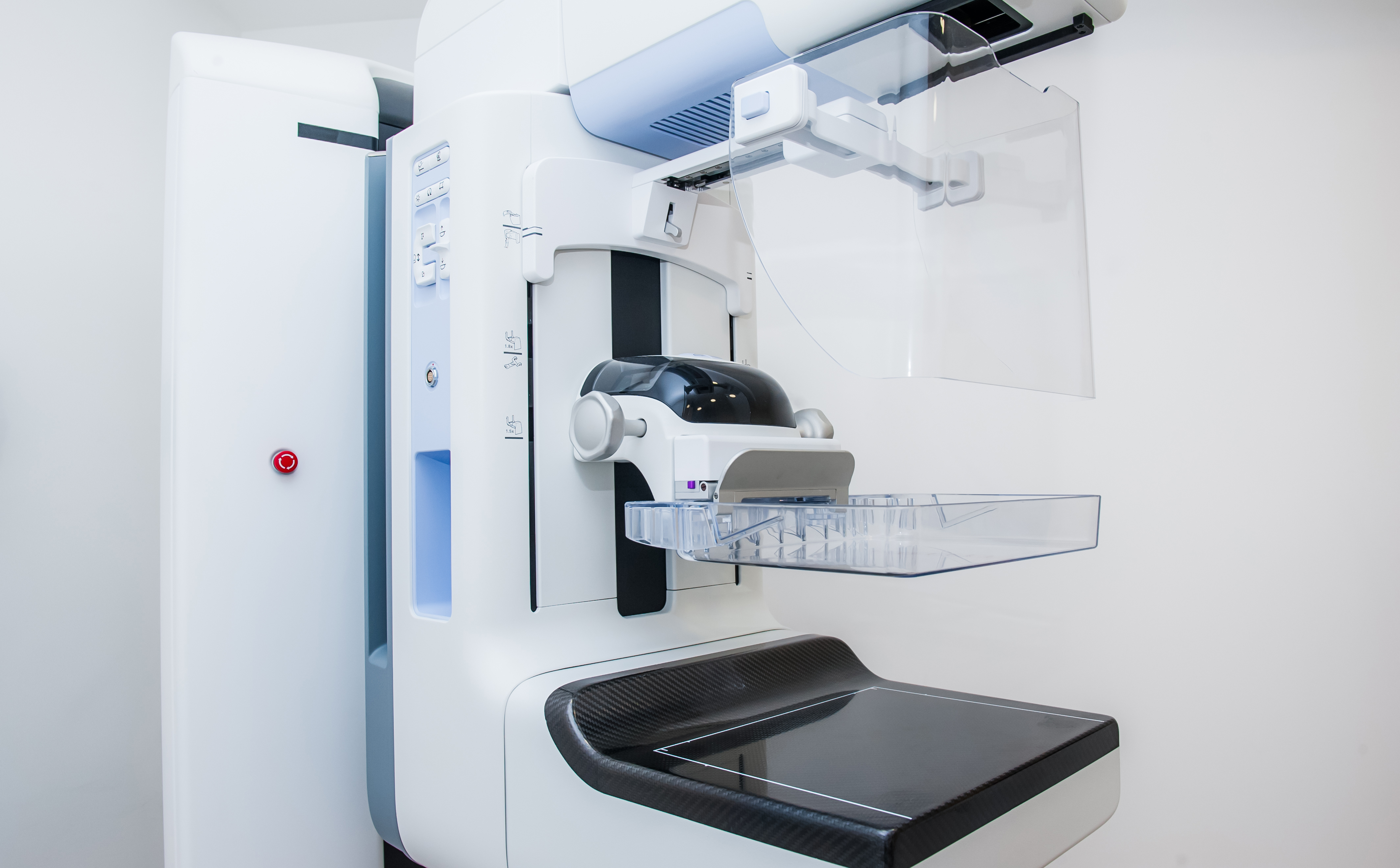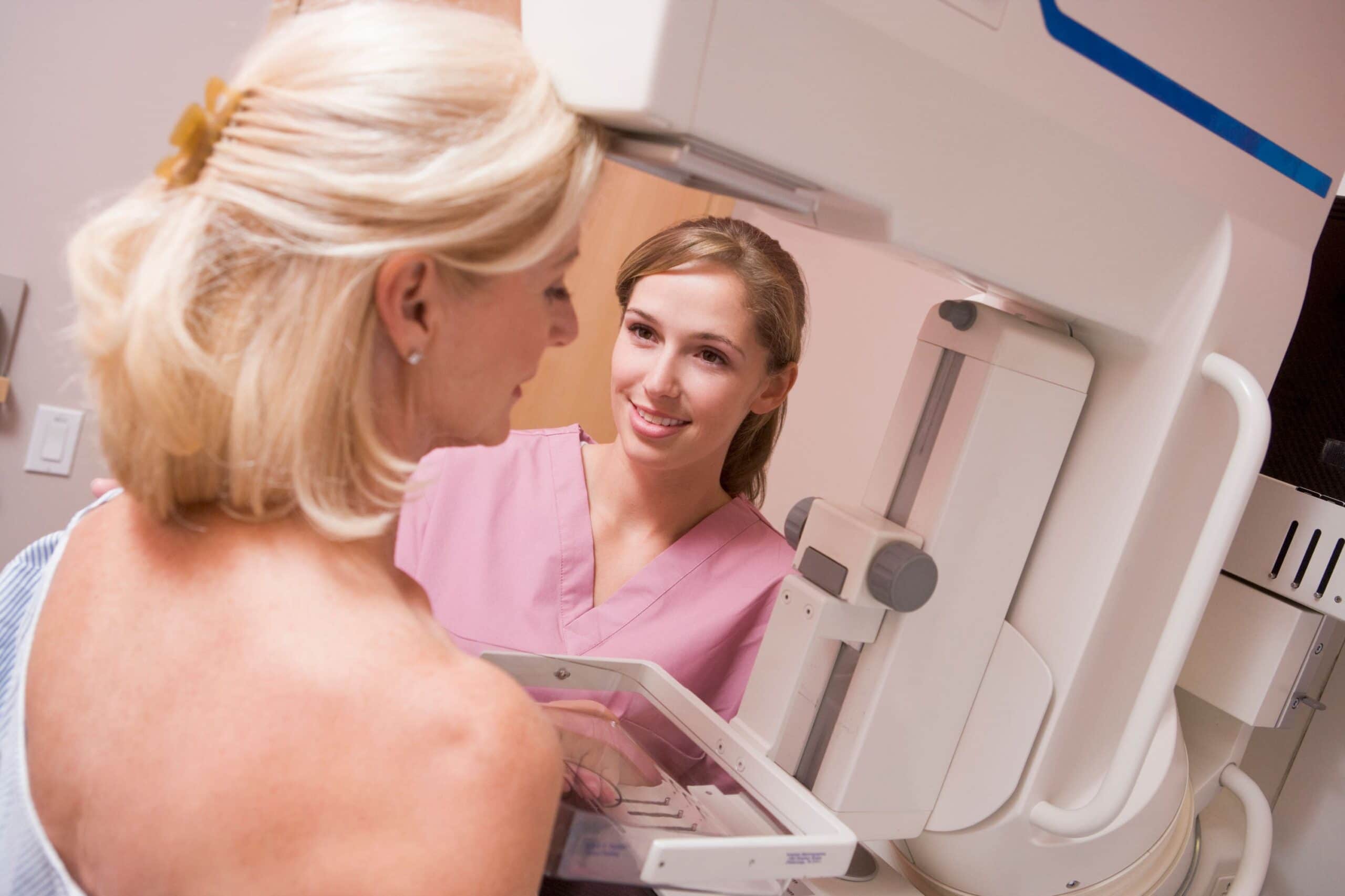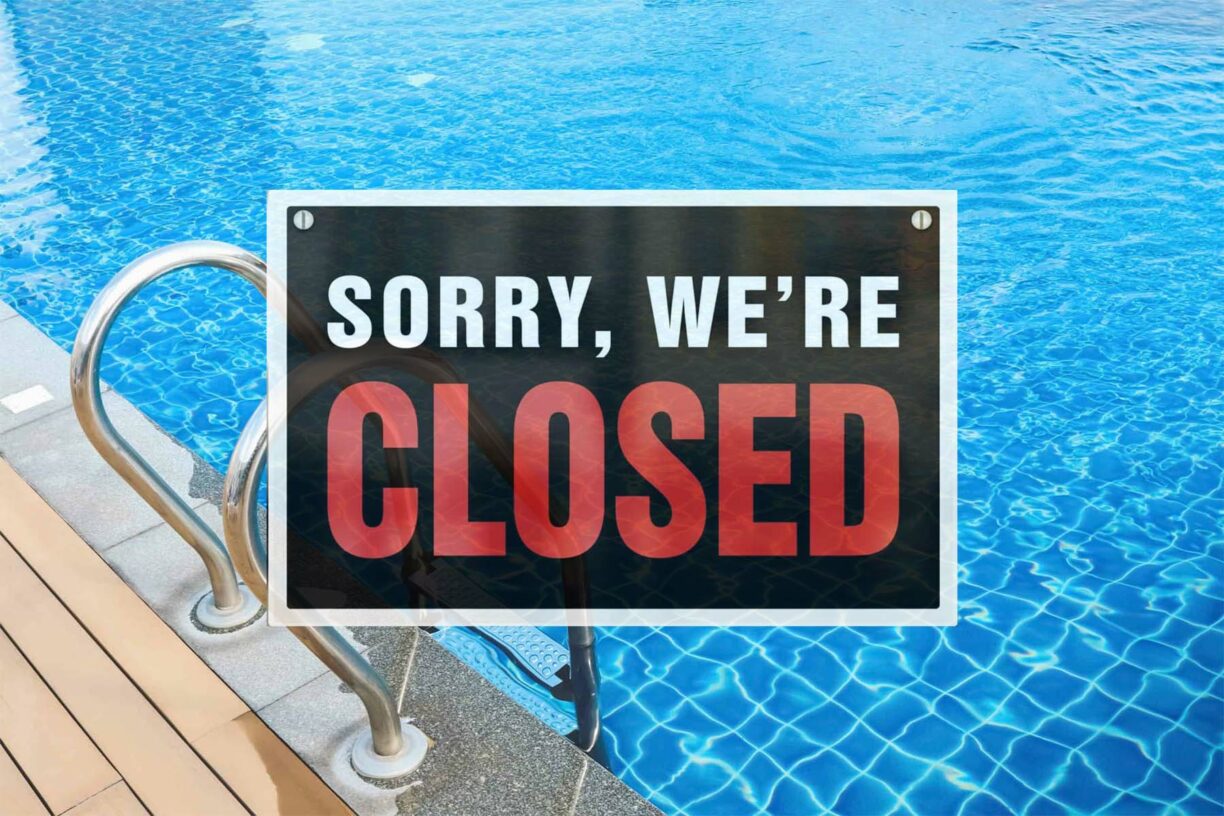In the UK, women between the ages of 50 and 70 should be automatically invited to have a mammogram every three years, but back in 2009 it emerged that a computer error meant 450,000 women in England were not invited for their final breast cancer screening.
Health Secretary Jeremy Hunt estimated between 135 and 270 women could have had their lives shortened as a result of the mistake, and a helpline has been launched to advise those who may have been affected.
Charity Breast Cancer Care said it had also seen a surge in calls to its own helpline, with many women feeling confused and angry.
About one in eight women in the UK are diagnosed with breast cancer in their lifetime, but the NHS screening system aims to catch the disease early, which gives women a much better chance of survival. So what should happen at a screening when you’re invited to have one?
1. If you’re registered with a GP, you’ll be invited for your first screening between your 50th and 53rd birthday, although in some areas there is a trial starting from the age of 47.
Over 70, you’ll stop receiving invitations, but you can still request one. If you have breast implants you should let the staff know beforehand because they can make a mammography can be less effective.
2. The X-ray, or mammogram, will be done at a specialist clinic or a mobile breast screening unit by a female practitioner. Take a partner or friend with you for support if you’re feeling anxious.
3. Before the exam, staff will ask about any breast problems you’ve had and explain the procedure. You’ll need to undress to the waist for the exam.

4. Your breasts will be X-rayed one at a time. Each breast is placed on the X-ray machine and a clear plastic plate will be gently lowered onto it, to compress and flatten the breast, which helps ensure a clear X-ray.
5. The mammographer will go behind a screen while the X-rays are taken, and you’ll be asked to keep still for several seconds while two X-rays are taken of each breast – from above and from the side.
6. Some women experience pain, while many just find the process a bit uncomfortable, but it only takes a few minutes and the compression doesn’t harm the breasts. The appointment will take less than half an hour overall.
7. Some people worry about the amount of radiation used in mammograms, but it’s a low dose, similar to the amount you’d get from a couple of long haul flights.
8. Afterwards, the mammogram is checked for abnormalities and you and your GP will receive the results within two weeks.
For more information on what to do if you think you’ve been missed in the breast cancer screening error, visit Breast Cancer Care.





